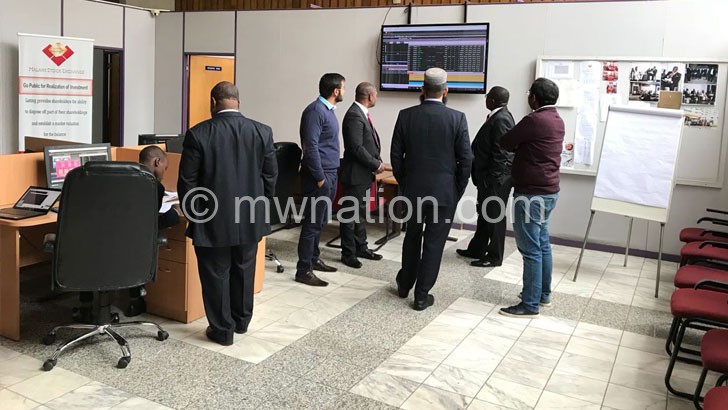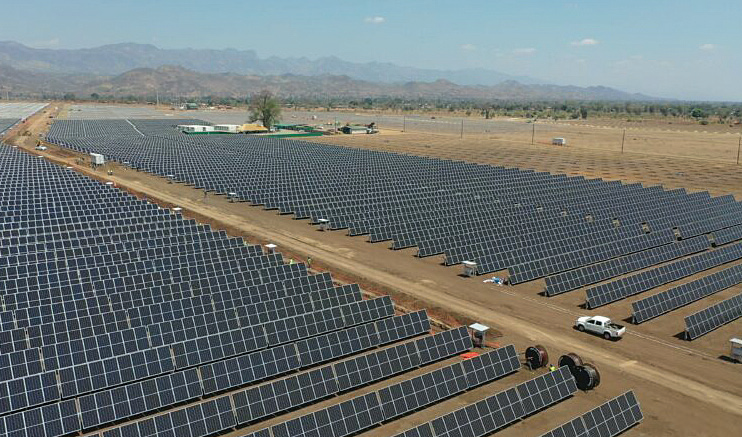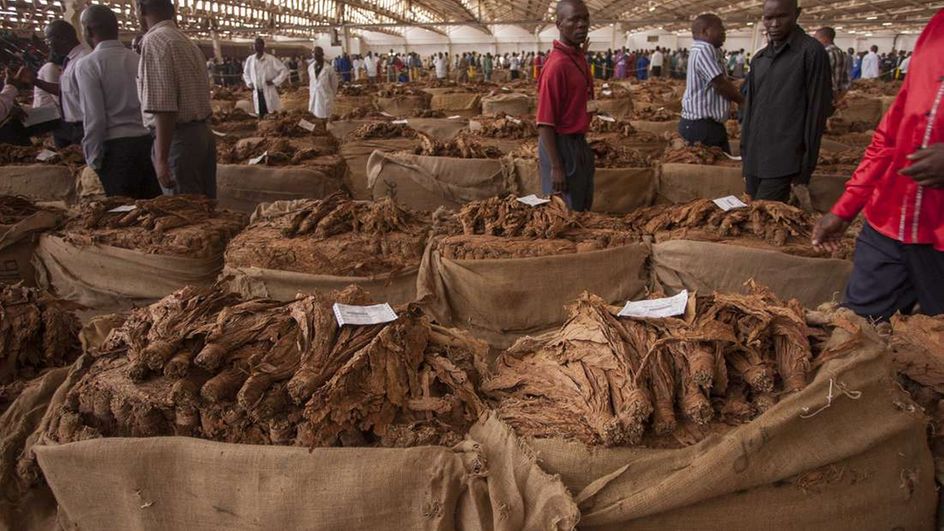Interest rates refusing to fall

IS ECONOMICS DEAD?
President Joyce Banda, early this year, possibly based on objective economic analysis and of course to talk down critics on the poor performance of the economy, said that interest rates would start to fall in the second half of this year—around this time.
To date, commercial banks—except Standard Bank and Ecobank—have not reduced their base lending rates yet. Was the President’s economic analysis flawed?
Determining factors worsen
Economics, generally, assumes that prices, rates inclusive, are determined through an interactive balancing process. Thus, economists expect interest rates to rise once determining factors—inflation, liquidity, interbank lending rates, treasury bills rates, and the Reserve Bank of Malawi (RBM) base lending rate—worsen, subject of course to the responsiveness of demand and supply. The same also applies when the factors improve.
Early this year, due to huge government appetite for local borrowing, treasury bills’ rates rose in January from about 25 percent—equal to RBM base lending rate—to 43 percent in March.
In February 2013, inflation rose to 37.9 percent, from 35.1 percent in January, largely driven by food prices. However, in March inflation dropped to 35.8 percent but still reasonably too high for business.
Around the same period, interbank lending rates—the rate at which banks lend to each other to meet liquidity requirements—shot through the roof.
Interbank lending rates averaged 22.11 percent in the week ending November 30, moved to an average of 24 percent in the following week and moved to 24.79 percent by close of business on December 14 and rested on 25.69 percent by close of business on December 21, just a few notches above RBM’s base lending rate of 25 percent.
However, the interbank lending rate rose further to 42.3 percent mid-April owing to what experts said reflected the liquidity levels on the market, and the opportunity cost of capital.
Apparently, due to the changes in the economic fundamentals, around end-March and early April this year, commercial banks raised their base lending rates. This was regardless that the RBM‘s base lending rate was maintained at 25 percent since December 2012. The commercial banks argued that the market was illiquid and that the money market was offering securities—government treasury bills—that were fetching higher yields.
Thus economics had prevailed forcing commercial banks to do what was rational—increase interest rates.
Positive changes
Since end-April, there have been some positive trends.
RBM, in the April 2013 Economic Review, said money supply rose by K25.4 billion to K422.7 billion in the month, an indication that liquidity has improved.
However, the central bank explained that the rise in the currency in circulation was due to the seasonal transactional demand for money upon realisation of proceeds from agricultural produce sales, whereas the increase in demand deposits was a result of realignment of maturing fixed deposits from the term deposits category.
Inflation—a determinant of real incomes—also dropped to 31 percent in May and has further dropped to 27.9 percent in June and is expected to decline further, as long as the food prices decrease and the kwacha remains stable.
Interbank rates have drastically dropped by about 31 percent from 42.3 percent at peak in mid-April to 28.8 percent in the week ending June 28, a sign that banks are no longer desperate to meet liquidity requirements.
Although an analyst, James Chikavu Nyirenda argued that interbank rates shift more often depending on banks’ closing and opening cash balances and that commercial interest rates are based on long term factors, he noted that the general decline is a sign that most banks have better liquidity positions.
Banks’ peek into the future
Some commercial banks see an uncertain future while others are optimistic and some have so far indicated that they will make better profits than last year’s.
According to a trading update published in the press recently, National Bank of Malawi advised its shareholders that the banks after tax profits for the year ending June 30 2013 are forecast to be more than 80 percent than that achieved in the corresponding period ending on June 30 2012.
National Bank of Malawi in its summarised audited financial results for year ending December 2012 noted that the RBM rate is expected to remain high throughout 2013. The bank further noted that the demand for credit in real terms is expected to be rather subdued because of the high cost of borrowing and that such an environment is likely to give rise to increased non performing loans within the banking system.
And, Nedbank in its 2012 summarised financial results also noted that economic conditions are likely to remain stressed in the short to medium term. The bank, however, noted that there is a possibility of increased inflation due to imported inflation arising from the free floating exchange rate and high interest rates are ancicipated due to the prevailing increased cost of funding.
However, FMB in its summarised 2012 financial results, notes that demand for foreign exchange continues to exceed available supply but some price elasticity of demand is becoming apparent in response to the continued depreciation of the kwacha in 2013. FMB adds that tobacco is expected to recover to historic levels and increase availability of foreign exchange in the second and third quarters of the year, but it cautions the kwacha may again come under pressure towards the end of the year.
Further, the bank notes that authorities will likely maintain policies aimed at curbing money supply growth and expectations are that banking sector liquidity will remain tight, high interest rates will endure for some time and financial institutions will be obliged to compete aggressively for customer deposits.
But Standard Bank one of the banks that has reduced its interest rates, notes that meaningful economic growth is expected to rebound in 2013, and that foreign reserves will improve and bring in the stability of the kwacha and encourage production. Standard Bank expects inflation to drop in 2013 due to better harvest and a stable currency.
And, NBS Bank board chairperson Felix Mlusu in the bank’s 2012 annual report expects that the economic uncertainty of 2012 to continue in 2013.
Mlusu added that regardless of the economic uncertainty, it expects its revenue to grow especially due to NBS’ large loan book and escalating interest rates.
However, NBS expects that the performance in non interest incomes to be marginal owing to continuing scarcity of foreign exchange despite being compensated by revaluations and increases in bank charges.





